Schedule a Call Back
India is a very underserved market in material handling equipment
 Articles
Articles- May 29,23
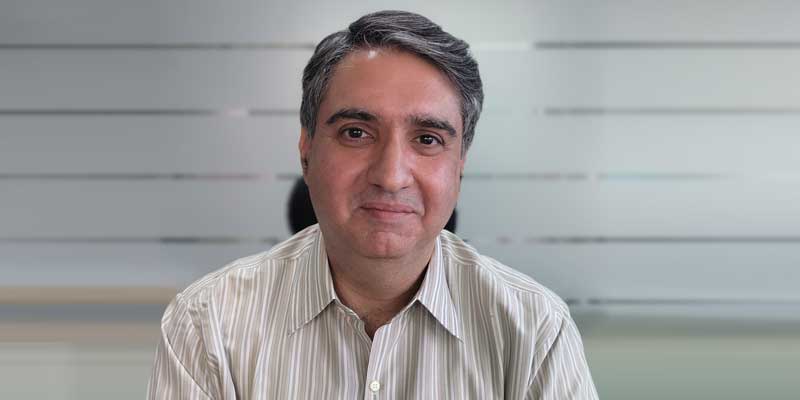
According to you, what are the current changes in the warehousing industry?
I would say that the Indian warehousing industry is going through a transformative journey. The trigger started to come in the middle of the first decade of this century when the concept of third-party logistics came and companies for competitive advantages started to realise its importance. Then after 2013-14, grey-day warehousing came into place, where better flooring and heightened infrastructure were incorporated more. Since then the transformative journey is going on. The warehouse automation came in and the supply chain become more complex. Materials handling equipment, software, barcoding system etc are in place today.
Today the majority of the high-quality warehousing is around Mumbai and Delhi NCR. The new towns such as Surat, Baroda, Bhubaneswar, Coimbatore, Lucknow, and Guwahati, are also growing. If we will look at the industry forecasts, we can see the enormous growth coming in. Today, more than half of warehouses are taken by retail and e-commerce. So, manufacturing companies are starting to look at organised storage. They are also looking at compressed storage systems. After Covid, when workers went back home and were not able to return on time, the companies in order to start operations’ started buying forklifts for the first time. It was a turning point as they could see things began to move faster and safer. So, more and more demand is coming in.
How warehouse and MHE industry is utilising digitalisation and automation?
One of the main drivers today is digitalisation. Enterprise resource planning (ERPs), barcodes, radio frequency identification (RFIDs) etc are highly utilised. All the internal communications are done digitally with the help of Wi-Fi networks in the warehouses.
As far as automation in material handling is concerned, the big markets due to a lack of labours shifted to automation years ahead. In Asian markets, the size of scale of business doesn’t make it feasible to go fully automated. A significant share of our GDP comes from MSMEs and it will take some time for the Indian market to go fully automated. There are cases like in document storage where fully automated operations are going on. There is another concept of the dark warehouse, which operates without any humans, is also there but yet to be implemented.
What is your take on growing demands for automated guided vehicles (AGVs)?
AGVs are actually purpose-built machine which is typically used in mass manufacturing systems to carry and shift standardised items. In this setup, AGVs are very nicely deployed. But with all the benefits, AGVs need the factory to be designed around the way they work. It requires a change in system, process and mindset. Today in India what is trending now are autonomous forklifts which are more flexible. AGVs cannot totally replace Forklifts. But I believe in a collaborative manner forklifts and AGVs will make a good business case in India.
How do you see the industry growth in the coming years?
India is a very underserved market in material handling equipment, largely because of lack of standardisation in the entire value chain. If you see abroad, there are standardised transport vehicles, palletisation etc happening. The entire infrastructure has to be standardised in India. In recent years the government gave industry status to logistics and last year launched the National Logistic Policy, which was a great step for the industry. The release of the policy document and giving a standard before formulating all the laws and other regulations is a smart move. The message from the government is very clear to bring down the logistics cost from 13 per cent to 8-9 per cent. As far as Godrej Material Handling is concerned, we are in sync with the market. We are setting up a new factory in Khalapur which will create more endeavours for us.
Related Stories
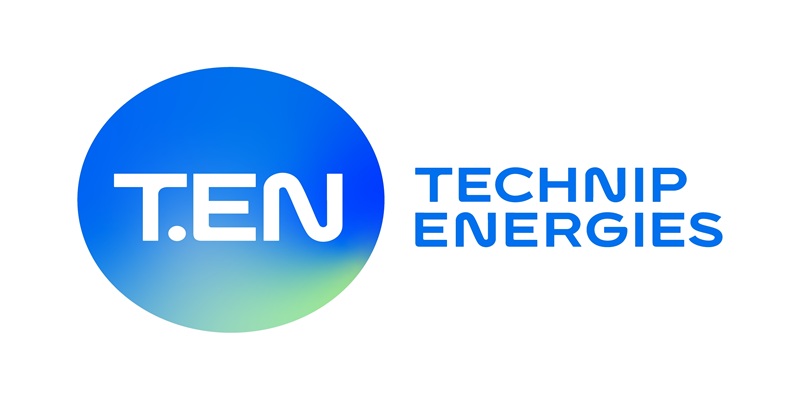
Technip Energies Wins Two Major BPCL Contracts
Technip Energies has secured two large contracts from BPCL for polypropylene, Butene-1 and PRFCC projects at the Bina and Mumbai refineries, strengthening India’s refining and petrochemical capaci..
Read more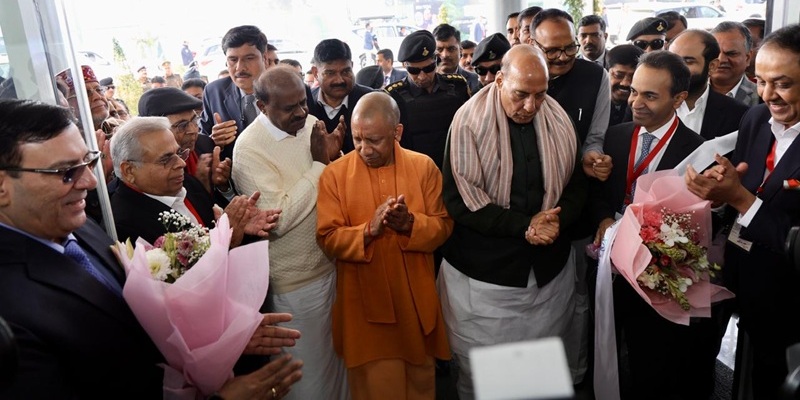
Ashok Leyland opens green mobility-focused greenfield plant in Uttar Pradesh
Designed primarily for electric vehicle manufacturing, the plant has an annual production capacity of up to 5,000 vehicles.
Read more
Avaada, GRIDCO and IIT-Bhubaneswar to Set Up Green Hydrogen CoE in Odisha
Avaada, GRIDCO and IIT-Bhubaneswar join forces to develop a Green Hydrogen Centre of Excellence in Odisha to drive advanced research and next-generation clean energy innovation.
Read moreRelated Products
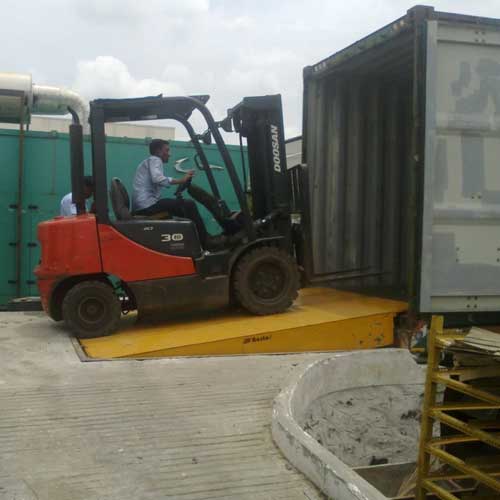
Dock Leveller
Besto Material Handling Equipments offers a wide range of dock leveller.
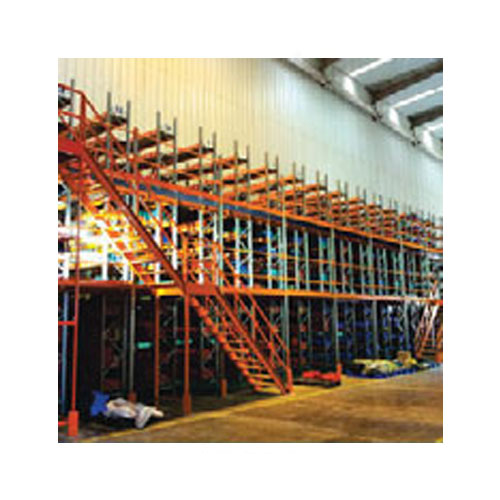
Multi Tire
SCI Storage Solution offers a wide range of multi tire.

Industrial Lifting Equipment
Rana Material Handling Equipments Pvt Ltd offers a wide
range of industrial lifting equipment.














